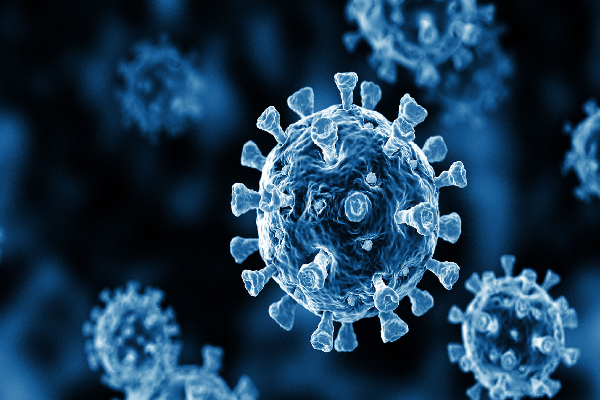The death of a 62-year-old man in the United States has raised questions about a potential link between COVID-19 and prion-related neurodegenerative disorders. The man, who had tested positive for COVID-19, experienced a range of symptoms, including dementia, difficulty walking, rare brain disease and severe neurological issues before his death. His case has prompted investigations into the possible connection between COVID-19 and prion-related diseases.
The man sought medical attention two months after experiencing initial symptoms, which included confabulation (memory gaps), bradykinesia (slowness of movement), drooling, and dementia. He had also lost the ability to walk. Despite undergoing multiple tests, including MRI and CT scans of the brain, the results did not initially reveal the cause of his condition.
According to the case study, the patient’s condition continued to deteriorate during his hospitalization. Approximately three weeks into his hospital stay, he became progressively mute, had difficulty swallowing soft foods, and required the placement of a PEG tube for nutrition. He also developed spasticity and experienced severe pain with passive flexion and extension. Unfortunately, the patient passed away after six weeks of hospitalization.
While laboratory workup did not provide conclusive evidence of a link between prion-related neurodegenerative disorders (PrD) and COVID-19, the case study noted that the timeline of events suggested a potential connection. The patient’s symptom onset coincided with his COVID-19 diagnosis, raising concerns about whether the viral infection played a role in the development of PrD.
Prions, as described by the Centers for Disease Control and Prevention (CDC), are abnormal, pathogenic agents capable of inducing abnormal folding of specific normal cellular proteins called prion proteins. These proteins are most abundantly found in the brain. The abnormal folding of prion proteins leads to brain damage and the characteristic signs and symptoms of prion diseases. These diseases are usually rapidly progressive and invariably fatal.
Prion diseases, affecting both humans and animals, belong to a family of rare progressive neurodegenerative disorders. They are characterized by long incubation periods, spongiform changes associated with neuronal loss, and a lack of an inflammatory response.
The case of this man’s death highlights the complexities of understanding the potential long-term effects of COVID-19 on the brain and neurological health. While research into the neurological consequences of COVID-19 continues, this case serves as a reminder of the need for ongoing vigilance and investigation into the wide-ranging impact of the virus on human health.
It is worth noting that further research and studies will be necessary to establish any definitive links between COVID-19 and prion-related neurodegenerative disorders. Understanding the underlying mechanisms and potential associations is critical for developing effective treatments and interventions to mitigate the long-term consequences of COVID-19 on neurological health.














